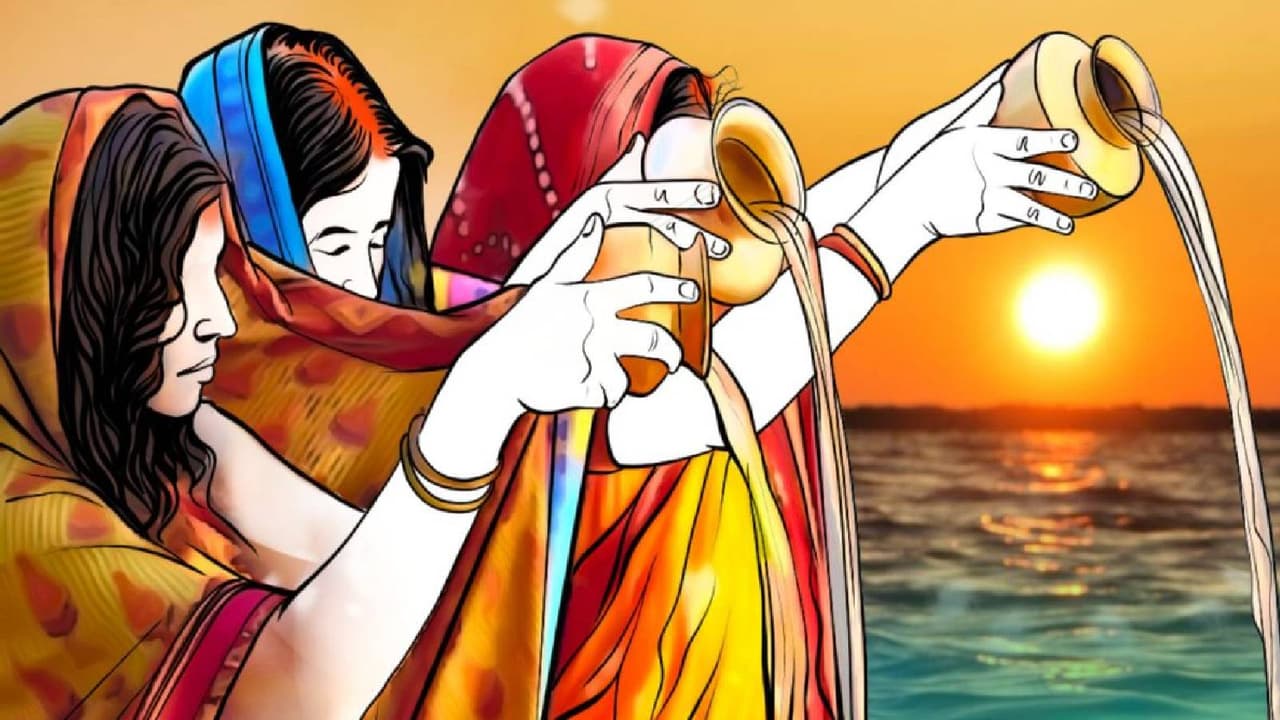Jivitputrika Vrat do’s and do’ts: Jitiya Vrat is a difficult Nirjala fast performed by mothers for the longevity and happiness and prosperity of the child. This fast will run from 13 to 15 September. This includes the rules of Nahai-Khay, Nirjala Vrat, Sandhya Puja and Parana.
Jitiya vrat 2025 rules: Jitia fast is celebrated for three days, which is mainly celebrated with great reverence at some places in Bihar, Jharkhand, Uttar Pradesh and Bengal. Jitiya started on 13 September with Nahai-Khay. At the same time, Jitia’s Nirjala fast will be kept on 14 September. Apart from this, Jitiya fast will be kept on 15 September. This fast is very important for mothers, as it is kept for children. According to the Bhavishya Purana, by observing this fast, the child gets long life and life is filled with happiness.
It is considered a major fast in Bihar and Purvanchal. If you too are going to keep Jitiya fast, then it is very important for you to know what to do in this fast and what not. In this article, we will tell you what are the rules for women in this fast.
Jitiya Vrat 2025
The second day of Jitiya Vrat i.e. Ashtami Tithi is called Othgan, which is on 14 September. On this day, Jitiya Othgan will be in Brahma Muhurta before sunrise. During this time, fasting women can consume bangles, curd, water, coconut water etc. After eating this food, the body is accepted by hinging through the door. After this, the fast is broken the next day and water is taken.
When is the auspicious time of Jitiya fast?
- Sunrise: – 6:05 am
- Brahma Muhurta: – 4:33 am to 5:19 am
- Evening evening: – 6:27 to 7:37 pm
What to do during Jitiya fast?
- Nirjala Vrat – The main day of fasting is called ‘Khur -Jitiya’. This fast is kept completely waterless. This fast starts from sunrise till the next day after sunrise.
- Sandhya Puja – On the second day of the fast, in the evening, women worship Lord Jemutavahana and listen to the fasting story.
- Tarpan – During the fast, there is a law of worship of Jemutavahana made from Kush. Some women also offer tarpan in a river or pond to offer Jemutavahana.
- Paran – Jitiya Vrat is performed on the third day. There is a tradition of eating shrimp and madua bread at the time of passion. It is said that it gives full fruits of the fast.
- Donation – After the end of Jitiya fast, food and clothes are donated to the needy.
Also read- Office Vastu Tips: These 5 easy changes will increase business overnight, rain will rain!
What should not be done in Jitia fast?
- Consumption of food and water- On the second day of fasting, food and water are discarded. Do not drink even a drop of water on this day.
- Tamasic food- Do not consume tamasic food during Jitiya fast nor should tamasic food be prepared in the house.
- Away from negativity- During this Jitiya fast, one should avoid fighting and negative thoughts.
- Inadvertent mistake- If something is accidentally eaten during Jitiya fast, then you should immediately apologize to the mother and take a pledge to keep the fast next year.
- Do not insult- During this fast, no person, elderly and children should be insulted at all.
What are the rules of Jitiya fast for women?
In the rules of Jitiya Vrat, some special precautions are taken from Nahai-Khay to Nirjala Vrat, Puja Vidhi and Paran. In this fast, the next day, satvic food is taken by bathing. Then food and water are not taken on the day of fasting. In the evening, they are worshiped by making idols of Jemutavahana, eagle and jackal. The next day, the fast is broken by offering water to the sun and listening to the fast story in the auspicious time. Women observing fast should not sleep on the bed and one should avoid saying abusive words or badly.
Also read- Why do you get 7 generations liberated from Pindadan in Gaya ji? Learn mysterious story and importance
Disclaimer: The information in this article is taken from religious texts, scholars and astrologers. We are just a medium to convey this information to you. Users should consider these information only as information.
